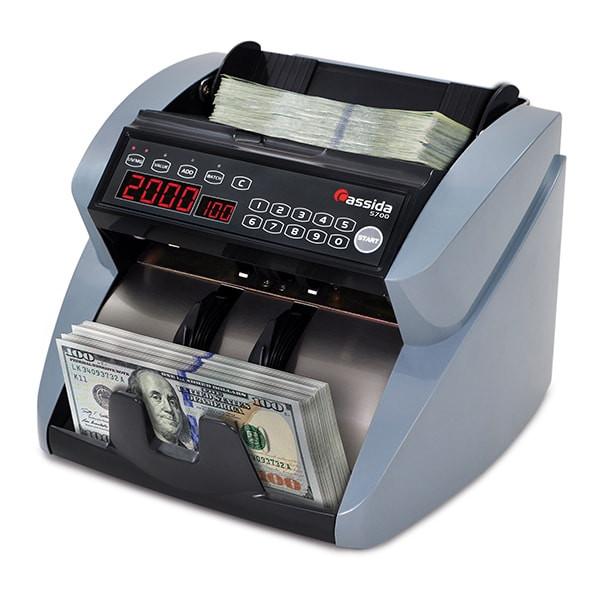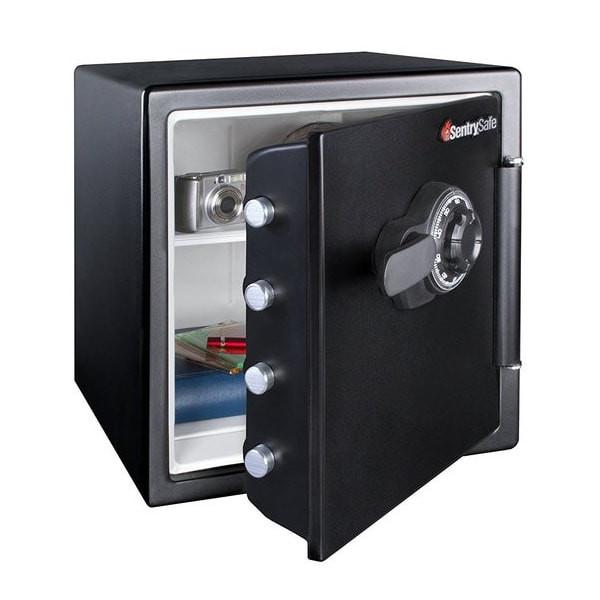Cash Management Tips for Small Businesses

Cash is the lifeblood of any business, especially for small enterprises. Effective cash management is essential for maintaining daily operations, covering expenses, and ensuring business growth. In this article, we'll explore some practical cash management tips that can help small businesses thrive.
1. Create a Detailed Cash Flow Forecast
One of the first steps in effective cash management is creating a detailed cash flow forecast. This forecast should outline your expected cash inflows (e.g., sales revenue) and outflows (e.g., rent, utilities, payroll) on a monthly or even weekly basis. By knowing when to expect cash and when you'll need it, you can make informed financial decisions.
2. Set Up an Emergency Fund
Unexpected expenses can arise at any time, and having an emergency fund can be a financial lifesaver. Small businesses should aim to set aside a portion of their profits regularly into a separate account to cover unexpected costs, like equipment repairs or sudden drops in sales.

3. Monitor and Reduce Unnecessary Expenses
Regularly review your business expenses to identify areas where you can cut costs. Are there unused subscriptions or services you can cancel? Can you negotiate better deals with suppliers? Reducing unnecessary expenses can free up cash that can be better used elsewhere in your business.
4. Improve Invoicing and Collections
Ensure your invoicing process is efficient and that you follow up on overdue payments promptly. Offer incentives for early payments and consider implementing a late fee policy to encourage timely payments. The quicker you receive payments, the better your cash flow will be.
5. Negotiate Favorable Payment Terms
When dealing with suppliers, negotiate payment terms that align with your cash flow. Request longer payment terms if possible, but be sure you can honor them. This flexibility can help you maintain healthy cash reserves.

6. Safeguard against Counterfeit Bills
No business wants to end up with fake unuseable bills. Counterfeit money detectors, like the ones we sell on our site can help protect businesses against fake cash. In less than a second, one of the machines can check and alert you if a bill is suspicous.7. Consider a Line of Credit
Small businesses might benefit from having a line of credit as a safety net for short-term financing needs. It can provide quick access to cash when you face unexpected expenses or opportunities for growth. Also be careful to not use credit you can't pay back on time so you don't end up owing a lot of interest.
8. Regularly Reevaluate Your Pricing Strategy
Pricing plays a critical role in your cash flow. Regularly review your pricing strategy to ensure it covers your costs and provides a reasonable profit margin. Don't be afraid to adjust prices when necessary, especially if you introduce new products or services or experience increased costs. This can include competing against online stores like Amazon or local businesses in your community.
9. Control Inventory Levels
Excessive inventory ties up cash that could be used elsewhere. Implement an inventory management system that helps you track stock levels, identify slow-moving items, and optimize your ordering process. Minimizing excess inventory can improve your cash flow significantly.
10. Separate Business and Personal Finances
It's crucial to keep your personal and business finances separate. This not only simplifies accounting but also helps you maintain a clear picture of your business's financial health. Mixing personal and business expenses can lead to confusion and cash flow problems.

11. Seek Professional Financial Advice
If cash management proves challenging, don't hesitate to seek professional financial advice. A financial advisor or accountant can provide valuable insights and help you develop a customized cash management strategy tailored to your business's specific needs.
In conclusion- Effective cash management is vital for the survival and growth of small businesses. By following these tips and maintaining a proactive approach to your finances, you can ensure a healthy cash flow, reduce financial stress, and position your business for long-term success.
Remember that cash management is an ongoing process, so regularly revisit your strategies and adapt them as your business evolves. With careful planning and smart financial decisions, your small business can thrive even in challenging economic environments.




Leave a comment